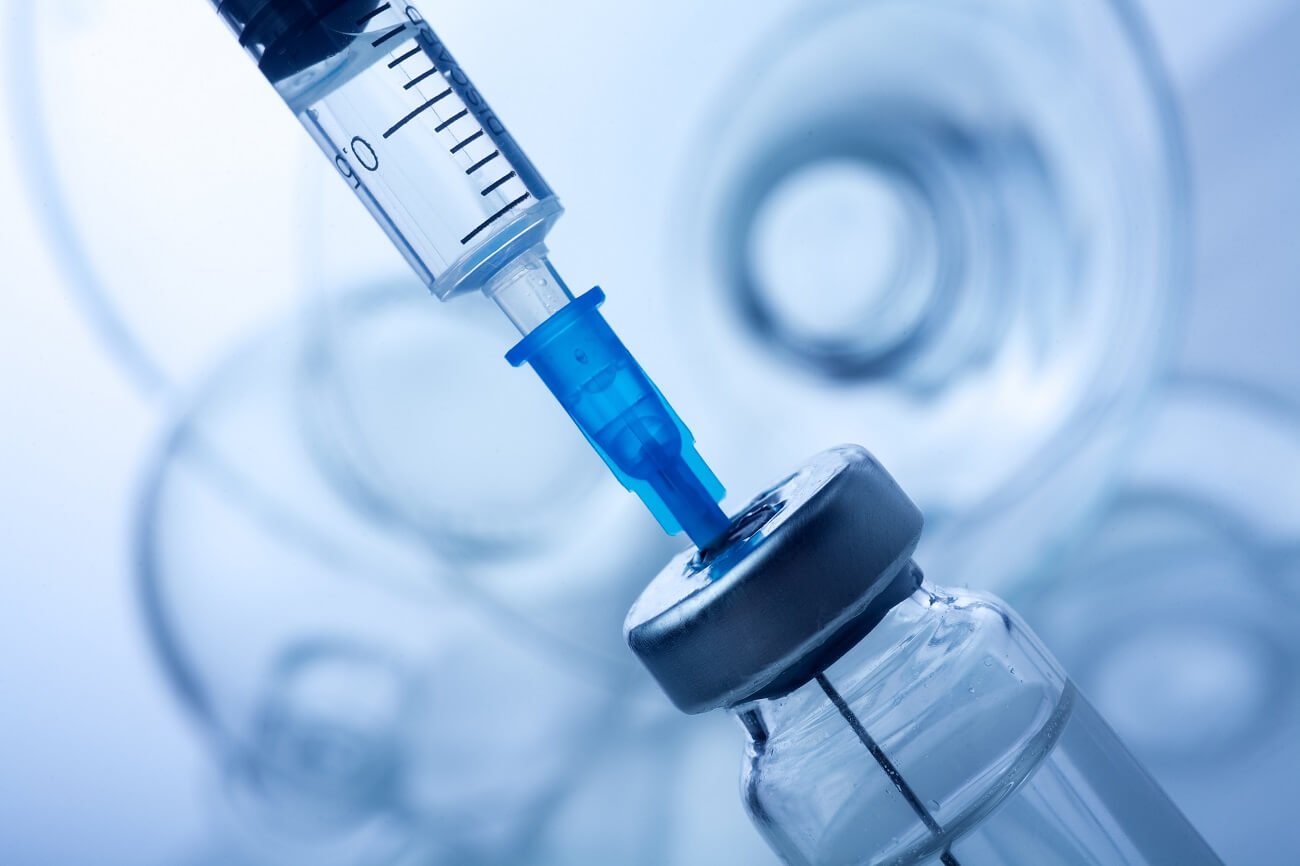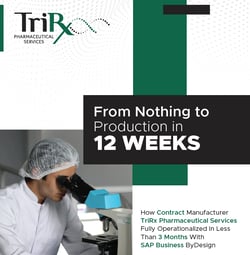
Life Sciences
November 13, 2020
Why Life Science Firms Need ERP
The life sciences industry moves at a rapid pace, and speed, precision and efficiency are essential for its success. Medical device manufacturers and suppliers simply cannot afford to suffer from operational slowdowns and production delays caused by outdated legacy technologies.
Innovation is a driving factor and a competitive differentiator in the sector, and businesses are tasked with bringing new products to market as quickly as possible. At the same time, quality, operational integrity and delivery times are expected to adhere to high standards. Costs must remain competitive. And rigid security mandates must be complied with in an effort to protect intellectual property and data.
Achieving those benchmarks can be quite a challenge for any business, and next to impossible without the right tools. A modern, cloud-based ERP solution offers a host of benefits for companies in the life sciences space, centralizing, automating and streamlining operations so businesses can focus on innovation and higher-level objectives.
Technology Imperatives for Life Sciences Leaders
Digital disruption has impacted all aspects of the life sciences industry, and medical device manufacturers and suppliers are increasingly turning to technology solutions to enable them to remain competitive. Business leaders and C-level executives are being tasked with implementing large-scale changes to bring their companies up to speed.
From an operational standpoint, the Internet of Things (IoT) is driving efficiencies and improving productivity and quality throughout the manufacturing process. Connected products and services are in high demand by customers, offering more sophisticated features for patients and medical professionals. Maintaining connectivity throughout the medical device supply chain also streamlines product movement and delivery, from the production floor all the way to the end user.
Along the same lines, wearable devices and associated technologies are making major inroads in the life sciences space. With these types of offerings comes a massive amount of sensitive data that needs to be processed and stored efficiently and securely.
Essentially, technology needs to play a more integral role throughout all aspects of a life sciences company for it to remain vital and competitive. Solutions must centralize and integrate with everything from back-end systems and processes to the warehouse and production floors.
Life sciences decision makers are at a pivotal point when it comes to choosing technology solutions, and a cloud-based ERP solution can do all the heavy lifting—and more.
Why Cloud-Based ERP Works Well for Life Sciences
There are plenty of moving parts in the life sciences industry, especially for medical device manufacturers and suppliers. From product innovation and creation to supply chain tracking and delivery, businesses need an efficient and secure way to stay on top of data and processes. ERP solutions offer an array of capabilities that are ideally suited to this space, and some of the main features are highlighted below.
Regulatory Compliance
Regulatory and compliance mandates are constantly changing and evolving, and life sciences leaders must ensure their companies are keeping up with the latest requirements. A comprehensive ERP solution will include out-of-the-box regulatory compliance and quality control functionality. It may also include correction and preventive actions (CAPA) compliance to ensure businesses are maintaining the highest quality standards while complying with mandates and regulations.
Supply Chain Visibility
As mentioned earlier, many medical devices now feature connectivity in one form or another, making them visible throughout the life sciences supply chain. ERP offerings provide visibility throughout that chain, improving product and materials tracking and inventory accuracy. These solutions can ultimately help improve delivery times while also providing tracking and reporting data on all transactions.
High-Level Management and Collaboration Support
ERP has many uses for aiding with project planning, management and costs. An ERP solution provides a central repository for information, charting, reports and cost projection, making it a valuable tool for executives as they undertake new business and product initiatives.
Globalization
Global companies must ensure they are compatible and up to date with the languages, currencies, tax codes and regulatory mandates of all the places they are doing business in. ERP offerings provide multi-location support out of the box, with useful integrations and applications for everything from the accounting to the sales department and beyond.
Mobility and Scalability
The life sciences industry moves at a rapid pace, necessitating constant flux and change. A cloud-based ERP solution can accommodate those changes, offering easy scalability up or down to meet fluctuating business requirements and demand. Cloud-based offerings are also extremely accessible, offering mobile access and integrations right out of the box.
Life sciences decision makers face stringent demands to maintain operational excellency while competing on product cost, quality and speed to market. An ERP solution is the perfect support platform and partner, centralizing and streamlining data and processes to support existing business operations while helping businesses transition to the next technology tier.
For more information about ERP solutions for life sciences firms, talk with one of our consultants at (801) 642-0123 or info@nbs-us.com.


